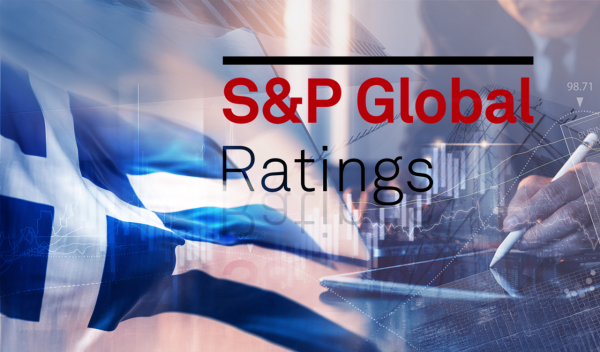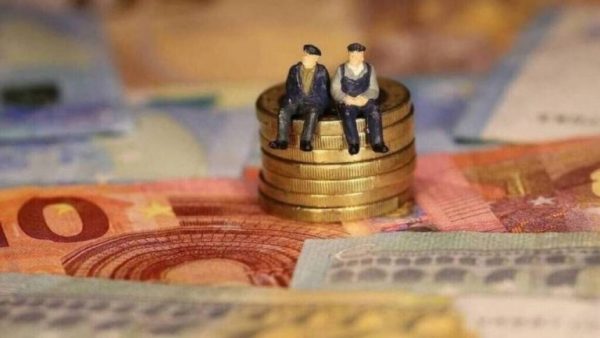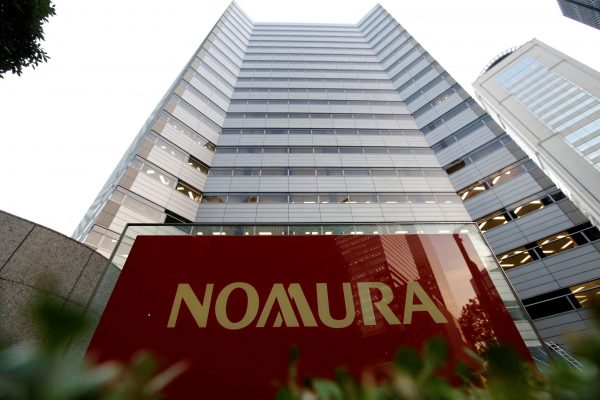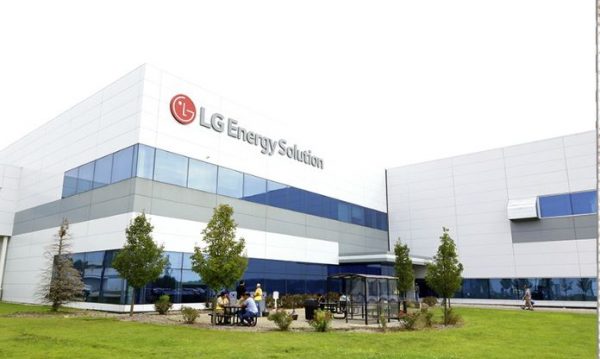
The inflated electricity bills and the impasse of consumers and businesses lead to feverish processes and meetings at the Maximos Mansion in view of the national plan that it is preparing to deal with the energy crisis, as Kyriakos Mitsotakis announced during his introductory speech to the cabinet.
The government is oriented towards making announcements before the EU Summit in late May and, according to information, this was the subject of the meeting on Thursday at the Maximos Palace between the Prime Minister and the Minister of Energy in view of the Summit of the EU Energy Ministers, on Monday, in Brussels.
The introductory position of the prime minister in the cabinet
In our last digital meeting, because as the last restrictions of the pandemic are gradually lifted, the next Council of Ministers -after more than two years- will be held with the physical presence of its members.
Today, however, it is taking place in the shadow of the new Russian blackmails with gas sales as the tip of its spear. I do not have much to say. As far as we are concerned, only two comments: first, the country’s energy adequacy is fully guaranteed and second, the country’s gas supplies will be made in such a way as not to violate the sanctions imposed by the European Union on Russia. If necessary, we will then have a more detailed discussion with the intervention of the Minister of Energy.
It is well known that we are already assisting our friend and neighbor Bulgaria, while on Tuesday, together with other Balkan leaders, I will be in Alexandroupolis at the new Liquefied Gas storage and gasification terminal, a very important infrastructure project which, in combination with other initiatives, in less than 20 months will enable us to fully diversify our gas supply sources, not only in our country but also in the entire Balkan Peninsula.
Greece, therefore, is quickly and very methodically transformed into an energy hub of the region, but at the same time a strategic gateway for the entry of energy resources to Southeastern Europe as a whole.
The new national support program for the consequences of the war and the imported energy rally will also be announced very soon. I know very well that this imported inflation besieges households and businesses, while I have never stopped emphasizing that wages in our country, unfortunately, are still low, as a result of ten years of economic misadventures. It’s something we’re obviously worried about. That is why, in light of European decisions, we are developing and launching, as we have been doing for several months, our own national actions. And income support is our top priority.
From Monday – as we have already announced – the minimum wage increases by 50 euros per month. From 663 euros it goes to 713 euros. Combined with the first installment, in January, it is an increase of 9.7% compared to the minimum wage of 2021, well above inflation. Essentially we give employees who are paid the minimum wage an additional 15th salary a year.
It is a very significant increase, a move to support lower incomes. A message that the state stands by our low-wage citizens and a fair way to distribute the development dividend to all our fellow citizens.
Accordingly, of course, the unemployment benefit increases, as does the entire wage scale. Also, let me remind you that in June there is a new reduction of employers’ contributions. And I strongly insist – and I want you to do the same – on our specific policies, because I consider them the hallmarks of our social policy. They do not provide solutions to the needs of all citizens, but they demonstrate our systematic effort to do our best within the framework of the budgetary constraints that the country has.
These are, obviously, measures that are followed by other reliefs, in parallel with subsidies for electricity and fuel. These are responsive measures, considering that in just 48 hours, more than half a million of our fellow citizens have joined the Fuel Pass digital platform.
I will say it again: these are measures that do not cover all increases, but mitigate losses from price increases. Because this battle with the pan-European crisis is unequal and eventually a pan-European response will be needed
Latest News

Corruption Still Plagues Greece’s Driving Tests
While traffic accidents continue to claim lives on Greek roads daily, irregularities and under-the-table dealings in the training and testing of new drivers remain disturbingly widespread

Pope Francis Died of Stroke and Heart Failure Vatican Confirms
As news of the official cause of death spread, tributes poured in from across the globe. The 1.4 billion-member Catholic Church is united in grief, remembering a pope who championed inclusion, justice, and compassion

Increase in Both Museum Visits, Revenues for 2024
As expected, the Acropolis was the top archeological site in the country, followed by Sounion, Mycenae, the ancient theater of Epidaurus, and Vergina in northern Greece

Where Greece’s Tourists Come From: A Look at 2025’s Top Visitor Markets
The United Kingdom continues to hold the top spot as the largest source of incoming tourism, with 5.6 million seats booked for Greece this summer — up 2.2% from last year. This accounts for 20% of all international air traffic to Greece

Pope Francis: A Pontiff Who Reshaped the Papacy and Sparked a Global Conversation
His first words from the balcony of St. Peter’s Basilica—“Brothers and sisters, good evening”—set the tone for a pontificate that would challenge norms, favor mercy over dogma, and bring the papacy closer to the people.

When Blue Skies was Unmasked as ND’s Political ‘Slush Fund’
The fact that so many top New Democracy (ND) party cadres were paid by the firm Blue Skies, owned by Thomas Varvitsiotis and Yiannis Olympios, without ever citing this publicly, raises very serious moral issues, regardless of the legality

Greek Women’s Water Polo Team Top in the World after 13-9 Win Over Hungary
The Greek team had previously defeated another tournament favorite, the Netherlands, to reach the final.

S&P Raises Greek Rating; BBB with Stable Outlook
S&P’s decision raises the Greek economy to the second notch of investment grade ladder, at BBB with a stable outlook.

Greek Tourism Optimistic About Demand from American Market
A recent survey by MMGY Global, conducted from April 3–5 with a sample of 1,000 U.S. adults, found that 83% of Americans still intend to take leisure trips over the next 12 months, a slight drop from 87% in late February

New Exposé by Domumento Reveals Nefarious Triangular Link of ‘Black Money’ with New Democracy, Blue Skies, & Truth Team
The latest exposé by the Documentonews.gr news site lays bare what appears to be a surreptitious path of indirect financing of ND through the business sector—transactions that, as widely understood, rarely occur without expectations of reciprocal benefit










![Πλημμύρες: Σημειώθηκαν σε επίπεδα ρεκόρ στην Ευρώπη το 2024 [γράφημα]](https://www.ot.gr/wp-content/uploads/2025/04/FLOOD_HUNGRY-90x90.jpg)



![Ξενοδοχεία: Μεγάλο το ενδιαφέρον για επενδύσεις στην Ελλάδα – Η θέση της Αθήνας [γραφήματα]](https://www.ot.gr/wp-content/uploads/2025/03/Athens-hotels-90x90.jpg)


![Airbnb: Πτωτικά κινήθηκε η ζήτηση τον Μάρτιο – Τι δείχνουν τα στοιχεία [γράφημα]](https://www.ot.gr/wp-content/uploads/2024/07/airbnb-gba8e58468_1280-1-90x90.jpg)
























 Αριθμός Πιστοποίησης
Αριθμός Πιστοποίησης